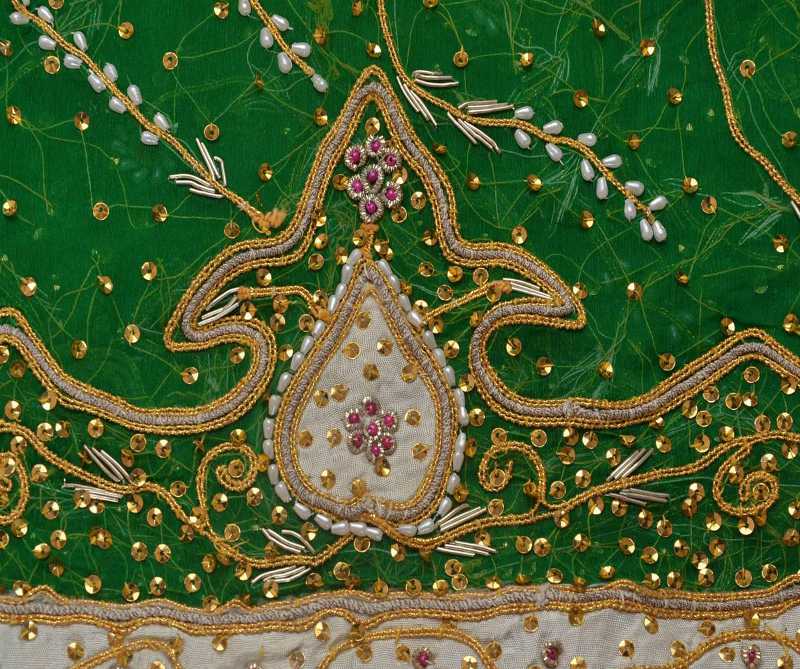===
0897,
7
===

=== |
 |
FWP:
SETS
MOTIFS
NAMES
TERMS == THEMEOn the meter and general structure of this ghazal, see {897,1}.
When the speaker found or 'brought' no strength, what was he unable to do? Perhaps he was unable to remain in his 'place' and in his senses; perhaps he fainted and fell to the floor, unlike his poised or indifferent companions. Or perhaps he was physically unable to rise and humbly greet the hundred-colored newcomer, unlike his discourteous companions who had the ability but not the desire. It's also not clear whether his lack of strength preceded the coming of 'that one', or was caused by it.
In any case, perhaps the speaker in his weakness was unable to go on living at all; perhaps his wounded heart was simply overwhelmed, and he collapsed to the ground in an immediate death. Instead of being like a captured bird, in this verse the lover is like a moth heading straight for the candle-flame.
Note for meter fans: The spelling jaagah is a permissible variant form of jagah , and enables the proper scansion.